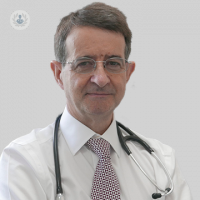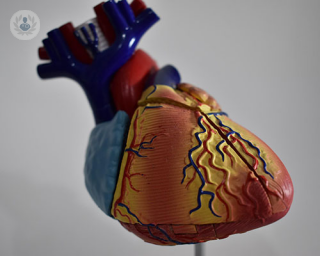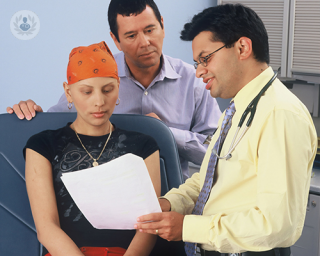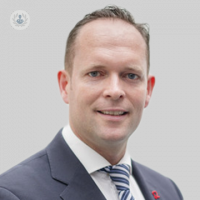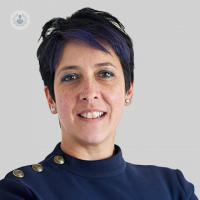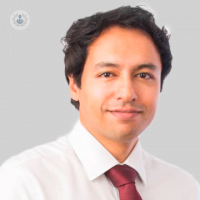Cardio-oncology
Dr John Gerry Coghlan - Cardiology
Created on: 08-31-2017
Updated on: 09-11-2023
Edited by: Conor Dunworth
What is cardio-oncology?
Cardio-oncology is a new and growing medical speciality in the UK, with a select number of clinics dedicated to the speciality. The specialty is dedicated to treating heart problems in cancer patients.

What kind of patients do cardio-oncologists see?
There is increasing recognition that the care of cancer patients requires close collaboration between cardiologists and oncologists:
Assessment before treatment
Many patients undergoing cancer treatment require a full assessment to determine their suitability for treatment. This includes assessing their heart function and the risk of complications that may occur during the procedure.
Conversely, having cancer can make treatment for heart problems more problematic. Cancer is associated with a lower platelet count which can complicate the use of antiplatelet agents during surgical operations. The riskiness of certain procedures is also influenced by the level of platelets in the blood, so for a cancer patient this can affect the best procedure to use.
Long-term monitoring after treatment
Some forms of treatment, particularly chemotherapy and radiotherapy, can be cardiotoxic. They can lead to dysfunction in the heart, and if the patient already has problems such as atherosclerosis or diabetes, serious problems such as heart failure can develop.
It is important for oncologists and cardiologists to work together to determine the long-term risks of different cancer treatment options, and monitor patients after the procedure is over. Some cardio-oncologists are researching into ways to tackle the cardiotoxicity of cancer treatments.
Weighing up the risks and benefits of treatment
In patients with existing heart problems, perhaps due to previous cancer treatment, the risks and further treatment can become greater and the overall benefit in terms of lifespan may be less significant. Specialist input from cardiologists is therefore important to help oncologists communicate the actual benefit that further cancer treatment can provide.
